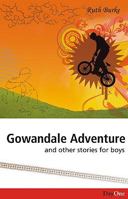Problem Solving with Python
The field of computer sciences is broad, deep, and continually growing, and impacts nearly every quarter of our modern lives. Computer scientists, therefore, need to be lifelong learners. Problem Solving with Python takes an explicit problem-solving approach to the introduction of computer programming and computational thinking, emphasizing the programmer's role in problem definition, expressing, evaluating, and implementing solutions, and evaluating results. Designed to lay the groundwork for further study in computer science, Problem Solving with Python: Encourages curiosity and guides exploration, experimentation, and the meaningful evaluation of results. Uses turtle graphics and interesting computation problems in the Python 3 programming language to introduce fundamental imperative programming constructs and patterns. Includes chapters on input-processing-output programs, conditional and iterative structures, functions, recursion, file processing, lists and strings, and contains an introduction to secure programming. Presents programming constructs as tools for the solution of classes of problems, using the problems as motivation for mastering the tools. Try This and Challenge Accepted! problem sections are suitable for laboratory exercises, starting points for classroom discussion, or to help the reader develop the habits of mind they will need for success as a computer programmer.
Format:Paperback
Language:English
ISBN:1792416083
ISBN13:9781792416088
Release Date:December 2020
Publisher:Kendall Hunt Publishing
Weight:1.59 lbs.
More by Burke
Customer Reviews
4 customer ratings | 4 reviews
There are currently no reviews. Be the first to review this work.












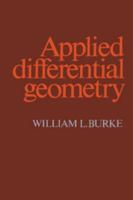

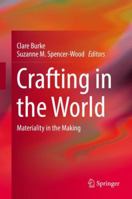
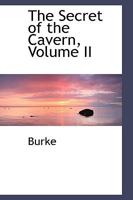
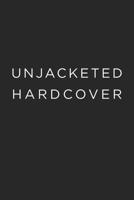
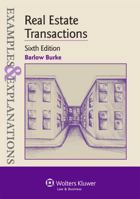


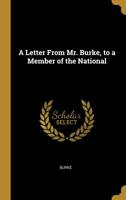




![White Doves at Morning by Burke, James Lee [Simon & Schuster,2002] (Hardcover) [Hardcover]](https://m.media-amazon.com/images/I/218CaAau7WL._SL200_.jpg)
